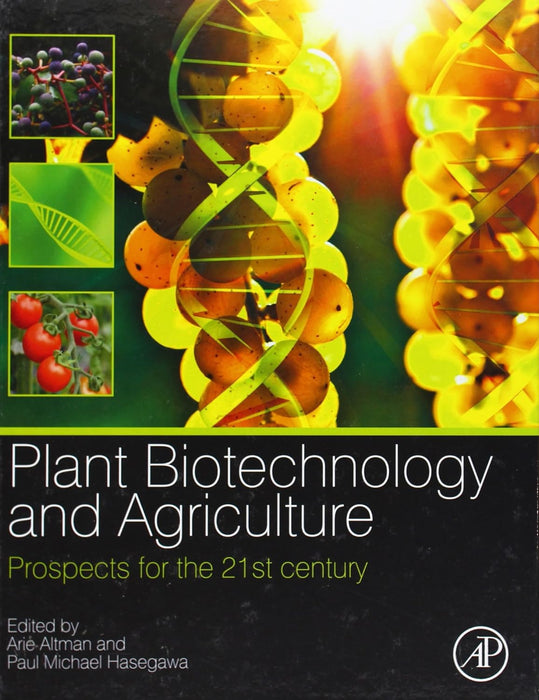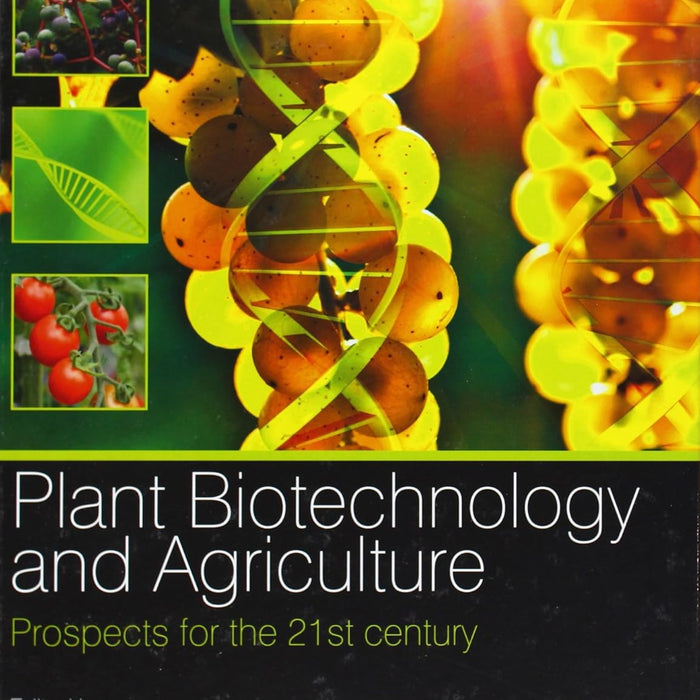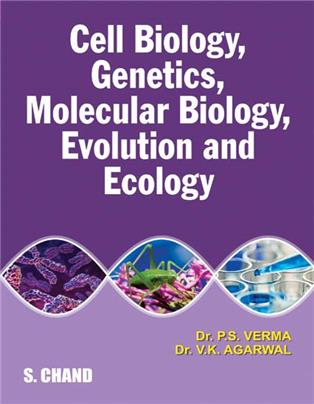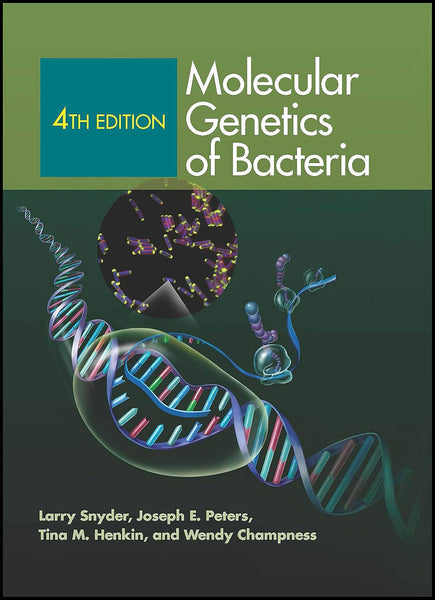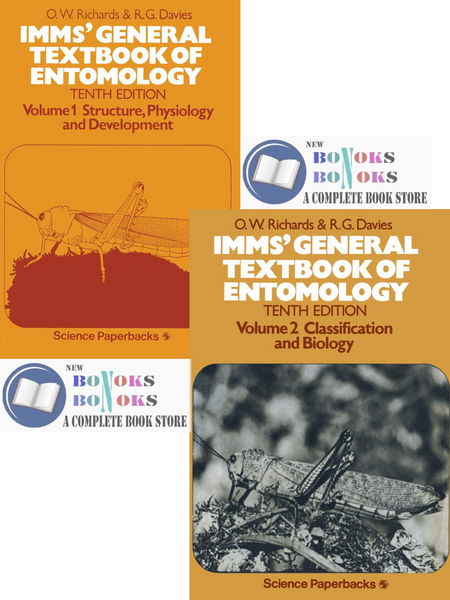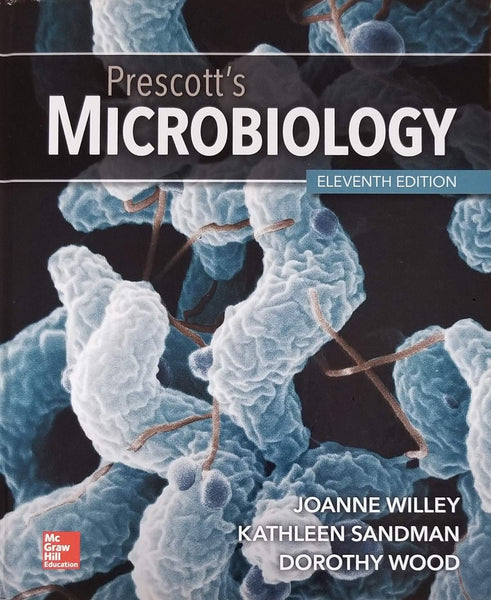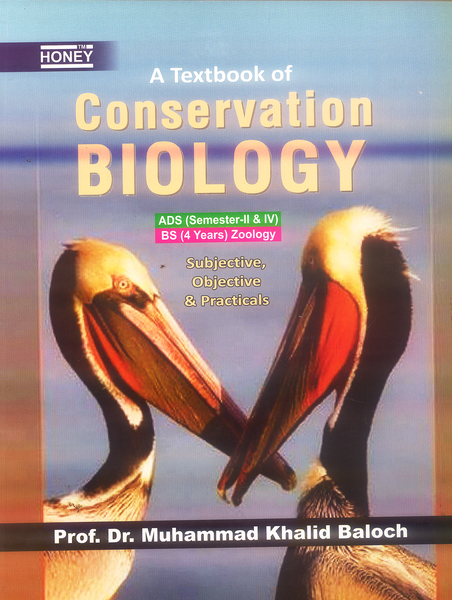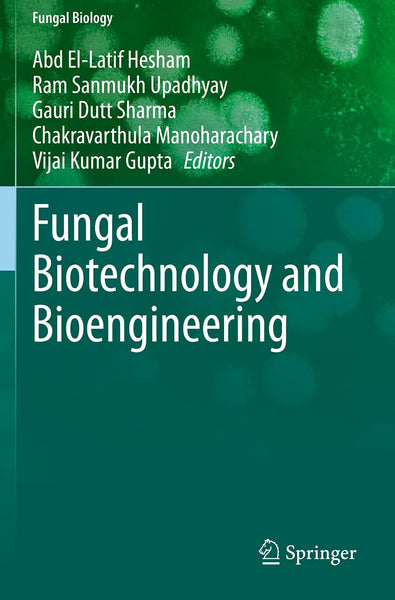Plant Biotechnology and Agriculture by Arie Altman (Editor)
- Publisher: BIOLOGY
- Availability: In Stock
- SKU: 38436
- Number of Pages: 596
Rs.1,260.00
Rs.1,595.00
Tags: agricultural biotechnology , agricultural biotechnology textbook , agricultural innovations , agriculture in the 21st century , Arie Altman , best books , Best Price , Best Selling Books , bioengineering plants , biotech for global agriculture , biotech in crop science , biotech solutions for farming , biotechnology for food security , biotechnology in agriculture , biotechnology research , climate-resilient crops , crop biotechnology , crop improvement methods , genetic engineering in plants , genetically modified plants , GM crops , improving crop yield , modern farming technologies , molecular farming , Online Bookshop , Paul Michael Hasegawa , Plant Biotechnology and Agriculture , plant biotechnology applications , plant biotechnology textbook , plant breeding , plant gene manipulation , plant genetics , plant science research , plant stress resistance , plant tissue culture , plant-based biotech research , Prospects For The 21st Century , transgenic crops
📘 Title Name: Plant Biotechnology and Agriculture: Prospects For The 21st Century
✍️ Authors: Arie Altman (Editor), Paul Michael Hasegawa (Editor)
📦 Quality: Black White Pakistan Print
🔹 Introduction:
This book offers a comprehensive overview of plant biotechnology and its transformative impact on global agriculture. It bridges the gap between modern scientific advances and their real-world applications in crop improvement and sustainability.
🔑 Key Points:
-
Covers key topics like genetic engineering, crop yield improvement, and stress resistance.
-
Highlights global agricultural challenges and biotech solutions.
-
Ideal for students, researchers, and professionals in plant science and agricultural biotechnology.

